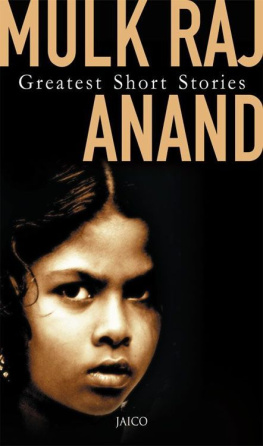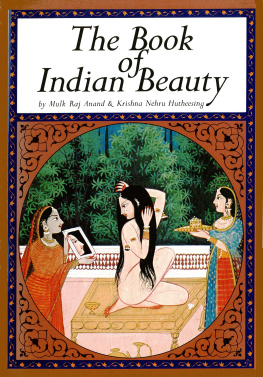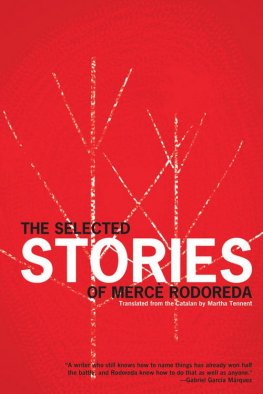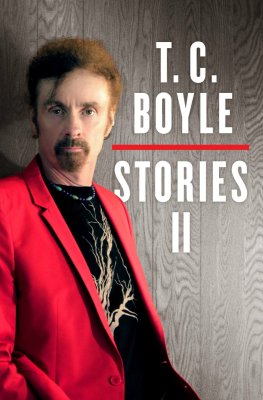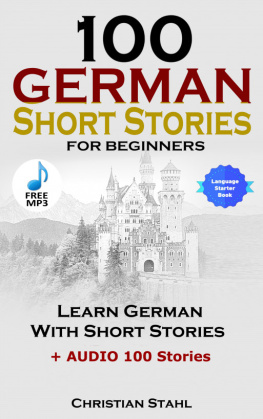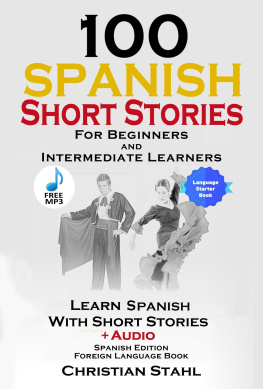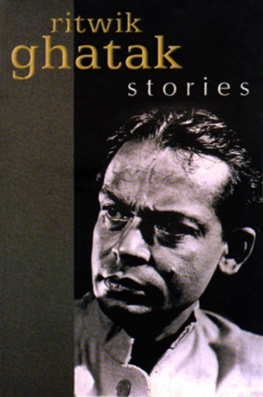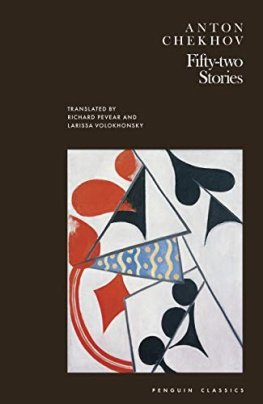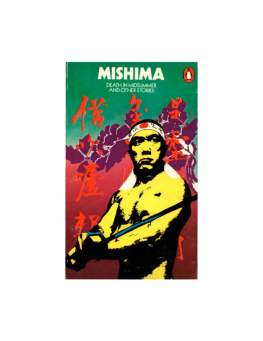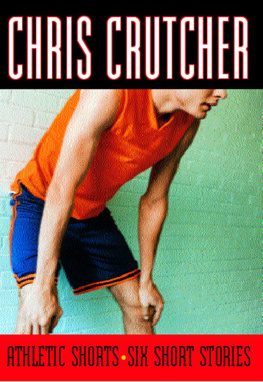MULK RAJ
ANAND
Greatest Short Stories
JAICO PUBLISHING HOUSE
Ahmedabad Bangalore Bhopal Bhubaneswar Chennai
Delhi Hyderabad Kolkata Lucknow Mumbai
Published by Jaico Publishing House
A-2 Jash Chambers, 7-A Sir Phirozshah Mehta Road
Fort, Mumbai - 400 001
www.jaicobooks.com
Mulk Raj Anand
GREATEST SHORT STORIES
ISBN 81-7224-749-4
First Jaico Impression: 1999
Fifteenth Jaico Impression: 2012
No part of this book may be reproduced or utilized in
any form or by any means, electronic or
mechanical including photocopying, recording or by any
information storage and retrieval system,
without permission in writing from the publishers.
Printed by
Repro India Limited
Plot No. 50/2, T.T.C. MIDC Industrial Area
Mahape, Navi Mumbai - 400 710.
CONTENTS
6. Little Chicks
Introduction
M.K. NAIK
As the fables in the Upanishads, the beast stories in the Panchatantra and the Buddhist Jataka tales show, the short story is an art form Indian in origin and yet the paradox is that the modern Indian short story in English is a product of Western influences. From 1898, when the first collection of short stories in English by an Indian writer Stories from Indian Christian Life by Kamala Sathianadan was published to the present day, the short story has been tackled by most of the leading Indian writers of fiction in English. Among these Mulk Raj Anand is one of the most outstanding, by virtue of his fecundity and the great variety of theme and mood, tone and technique which characterises his short stories.
Mulk Raj Anand has so far produced more than half a dozen collections, of short stories over the last forty years: The Lost Child and Other Stories (1934); The Barbers Trade Union and Other Stories (1944); The Tractor and the Corn Goddess and Other Stories (1947); Reflections on the Golden Bed and Other Stories (1953); The Power of darkness and Other Stories (1959); Lajwanti and Other Stories (1966); and Between Tears and Laughter (1973). He has, in addition to these, also retold traditional Indian tales in two collections: Indian Fairy Tales (1946) and More Indian Fairy Tales (1961). This retelling has been, in a sense, a tribute of the current to the source, for Anand has, in more than one place, acknowledged his debt to the traditional Indian tales. In his preface to Indian Fairy Tales, he observes:
Only by going back to the form of these stories, told by mother to son and son to son, could we evolve a new pattern for the contemporary short story. Of course, the Modern short story is a highly developed folk tale, if it is a folk tale at all. But a revival of the short story form, like the present, seemed to be a fit occasion to relate it to its more primitive antecedents which, surprisingly enough, seem to lie in the source of the sheaf of tales which I have gleaned Although I have taken in much new psychology into my own writing of the short story, I have always tried to approximate to the technique of the folk tale and the influence of these fairy stories has always been very deep on my short fiction.
The preface to Selected Stories contains an even fuller statement. Characterizing the ancient Indian Ocean of Stories as a symbol of the highly finished art of story-telling in India", Anand adds:
I read it at an early age and was inspired by it to read and hear many of the folk tales told in my country I wanted to write stories as finished in form and as rich in content as the stories told among my people. In fact, the folk tale form has seemed to me the most perfect form of short story The folk tales of India interpret the joys and sorrows of a peasant
people of the long eras of Indian feudal life. And in spite of the wit, wisdom and morality which they represent, they are not typical of modern sensibility. Therefore, while accepting the form of the folk tale, specially in its fabulous character, I took in the individual and group psychology of the European conte and tried to synthesise the two styles. And thus I sought to create a new kind of fable which extends the old Indian story form into a new age, without the moral lessons of the Indian story, but embodying its verve and vitality and including the psychological understanding of the contemporary period.
Another possible and obviously allied influence was that of his mother. Anand once described his mother an illiterate but highly skilled story-teller who could feel a situation passionately. He recalled an incident. Once, as a boy he was accompanying her, when they met a woman who had just lost her son. Mother stopped to talk to her, but young Anand, getting impatient, hurried her along. When they reached home, she said to him: Why did you rush me like that? Didnt you see the dead son of that woman in her eyes?
Anand has also indicated other possible influences on his short stories:
One of my favourite folk tales was the Adventures of Raja Rasalu and I would pester my mother to tell me this over and over again. The humorous anecdotes concocted by one of our teachers, Master Shah Nawaz, based on the legendary incidents in the life of Raja Birbal and Akbar the Great, impressed me with the gift of laughter that one could bring to bear on human foibles. When I read some of the stories of Tolstoy in his Sevestopol Sketches as well as Gorky s stories, Creatures That Once Were Men, I began to conceive the short story as I would write it, by combining the framework of the folk tales with concentration on character and situations of contemporary life. Then I read the fables of Theodore Powys in London and tried to apply the Indian fables of the Panchatantra to my human beings I adapted the prose poems of Turgenev and my own allegories to the lyric story Altogether the allegory, the fable, the lyric short story, the satire and the long short story, in my hand, are all, in a peculiar style of my own evolved under various influences, typical of the neo-folk tale, which is my ideal of the short story. The whole concept was built on the hunch that the old Indian short story remains the deepest reference back to various layers of consciousness. Only it had to take in the disintegration of mind and body of the present age and bring flashes of illumination into the dark to reveal layers and under layers of suppressed feelings. The bardic narrative with its moral lesson at the end had to yield to the revelation in which the neo-psychology, which has taken the place of morality, is implicit What I left for the novel was the epic theme; the story expressed the lyric awareness and a compassionate sense of humour.
In addition to these, Anands short stories reveal other modes also, such as strong social satire, uproarious laughter and acute psychological perception. The present selection is an attempt to represent the wide range and variety of Anands short stories. The first group represents the stories of Lyric Awareness. In these stories the element of incident is almost minimal, the emphasis being an imaginative and emotional apprehension of an aspect of life either on the human level or on that of animal creation. As in all lyric poetry, the themes here are elemental, such as birth and death, beauty, love and childhood, and the treatment often reveals a symbolic dimension added to realistic presentation. There is also an appropriate heightening of style, in keeping with the mood and the tone of the narrative.
The first story in this groupThe Lost Child illustrates almost all these features and is easily one of the most memorable of Anands short stories. It is a fable in which the traumatic experience of a child also symbolizes the eternal verities of the human condition. The child which has gone to the fair along with its parents wants a toy and a sweet meat and many more things and keeps up a chorus of I want. Then it gets lost, and though friendly hands now offer to it the very things it coveted only a few hours ago, it rejects all of them, all the while crying, I want my mother, I want my father, I want my father. The narrative here moves effortlessly on two levels of significance, even like a typical Robert Frost poem. While the story is utterly realistic in fact, Anand has told me that it is based upon his own childhood experience it has an obviously symbolic dimension too. This is suggested by the fact that neither the child nor its parents, nor any other character in the story has a name; they are evidently representative figures. The fair the scene of the childs experience also does not have a specific local habitation. As all this indicates, the child in the story is father of the man, for in the fair of the world, one often covets many things and then the loss of a near and dear one suddenly makes all coveted prizes appear totally worthless. As Guru Nanak says, we are all children lost in the world fair. The story has a neat and balanced structure and the descriptions in a lyrical vein in the earlier half effectively bring out the moods of wonder and joy the child feels until the final blow falls.
Next page
